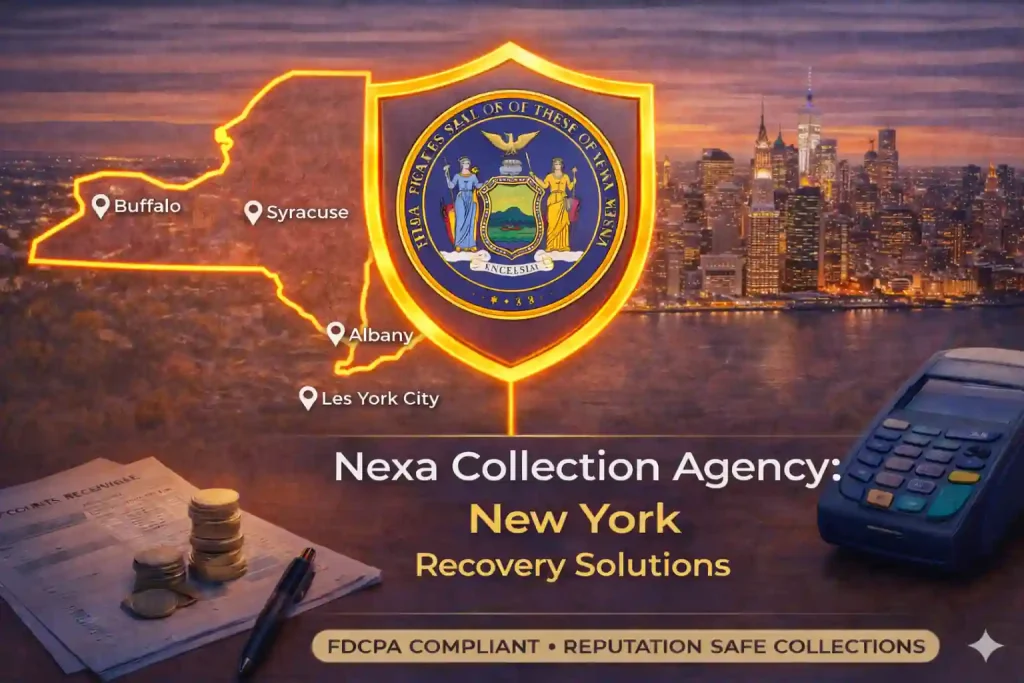Artificial intelligence (AI) has had a significant impact on newspapers and the media industry as a whole. The role of editors, photo editors, proofreaders and other employees will change significantly, and individuals who do not adapt to new capabilities will find themselves incompatible. Here are several ways in which AI has influenced newspapers:
- Automated content creation: AI technology can generate news articles and reports automatically. Using natural language processing (NLP) and machine learning algorithms, AI systems can analyze data, extract relevant information, and create news stories without human intervention. This can potentially increase the speed and volume of news production, especially for data-driven reports, financial news, and sports updates.
- Personalized news recommendations: AI algorithms analyze user behavior, preferences, and interests, allowing newspapers to provide personalized news recommendations. By examining a reader’s past reading habits and demographics, AI can suggest relevant articles, topics, or even entire news sections that align with their interests. This enhances user engagement and helps newspapers tailor their content to individual readers.
- Automated fact-checking: AI-powered fact-checking tools can assist journalists in verifying information and detecting misinformation. These tools utilize machine learning algorithms to compare statements, articles, and sources against a vast database of verified information, identifying potential inaccuracies or false claims. AI can help journalists work more efficiently by quickly highlighting potential discrepancies and supporting the verification process.
- Enhanced data analysis: AI enables newspapers to process and analyze large volumes of data more effectively. Journalists can utilize AI tools to extract insights, trends, and patterns from complex datasets, allowing for more in-depth reporting and investigative journalism. AI algorithms can quickly identify correlations, analyze social media data, and uncover hidden connections, helping journalists gain valuable insights for their stories.
- Audience analytics and engagement: AI-powered analytics platforms can provide newspapers with detailed insights into audience behavior, content consumption patterns, and engagement metrics. By analyzing this data, newspapers can understand their readers better, optimize content strategies, and make informed decisions about editorial direction and distribution channels. AI can help identify popular topics, detect emerging trends, and measure the impact of news stories in real-time.
- Automated transcription and translation: AI-powered speech recognition and natural language processing technologies have made significant advancements. Newspapers can utilize these tools to automatically transcribe interviews, press conferences, and speeches, saving time for journalists and ensuring accurate reporting. AI can also aid in real-time translation, enabling newspapers to reach a broader audience by providing multilingual content.
- Ad targeting and monetization: AI algorithms can analyze user data and behavior to provide more targeted and relevant advertising. This allows newspapers to optimize ad placements, increase click-through rates, and generate higher revenues. AI can help newspapers understand audience preferences, predict consumer behavior, and deliver personalized ads based on individual interests and demographics.
- Flagging possible errors: Content written by the staff can be further proofread for errors and omissions.
It’s important to note that while AI brings several benefits to newspapers, it also poses challenges and ethical considerations. Journalists and news organizations need to ensure transparency, accountability, and the preservation of journalistic standards when implementing AI technologies in their operations.

